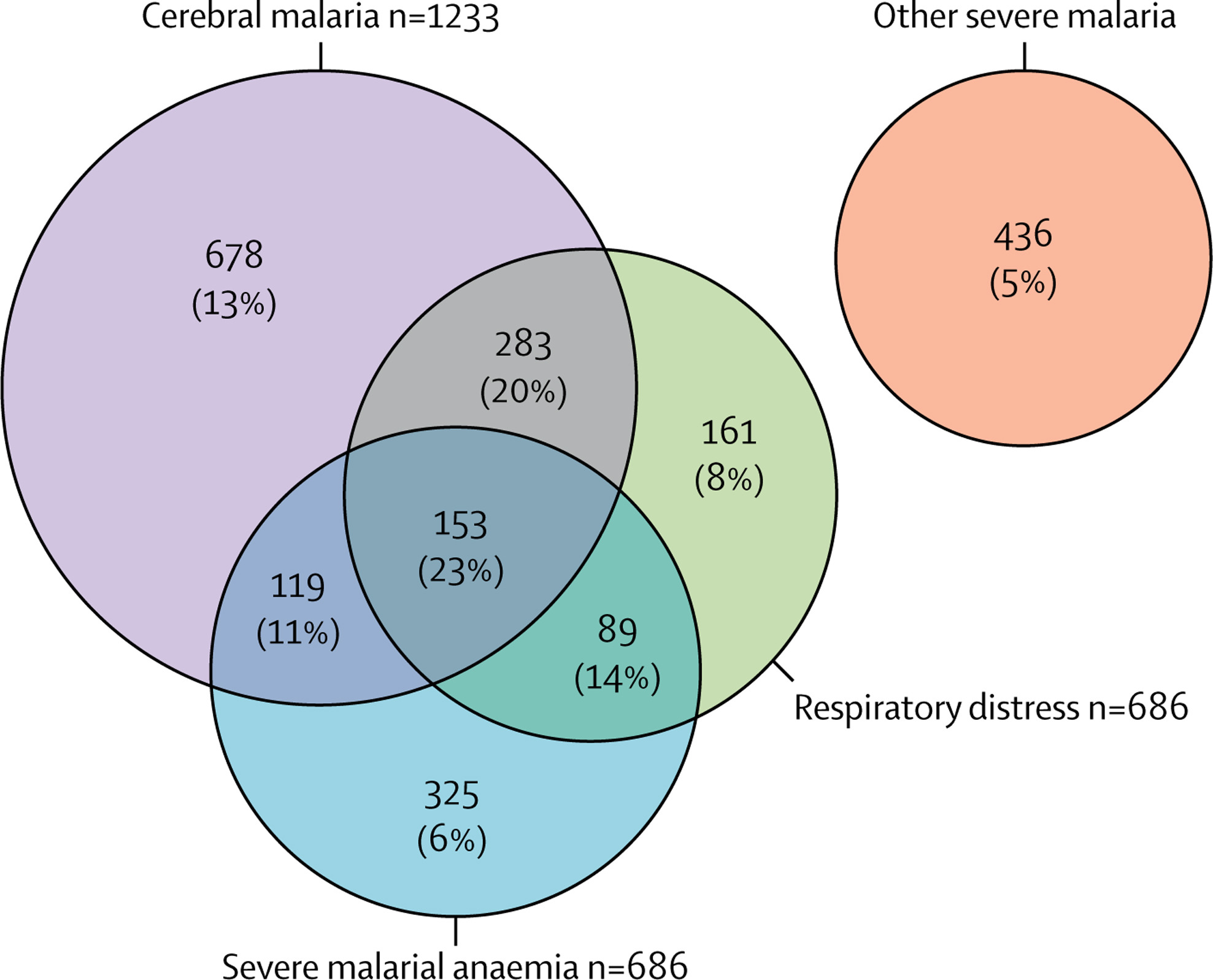
Published this week in The Lancet Haematology, the largest single site genetic study of severe malaria to date demonstrates associations between risk for severe malaria and polymorphisms in 15 genes in Kilifi, Kenya.
This study builds on the MalariaGEN paper published in 2014 Reappraisal of known malaria resistance loci in a large multi-centre study, providing a more detailed analysis of a single site and includes additional polymorphisms, malaria phenotypes and red-cell indices. Following recruitment in Kilifi of 2244 children with severe malaria and 3949 infants as controls, this new study focussed on 121 human genetic polymorphisms in 70 genes and their association with Plasmodium falciparum malaria. Of the polymorphisms in 15 genes that were shown to be associated with severe malaria, the most significant are related to the structure or function of red blood cells.
Insight from this study, showing that polymorphisms affecting the structure or function of red blood cells can protect against severe malaria, may be helpful to guide future development of treatment and ultimately prevention of the disease.
Citation
Carolyne M Ndila et al. (2018) Human candidate gene polymorphisms and risk of severe malaria in children in Kilifi, Kenya: a case-control association study. The Lancet Haematology DOI: https://doi.org/10.1016/S2352-3026(18)30107-8

